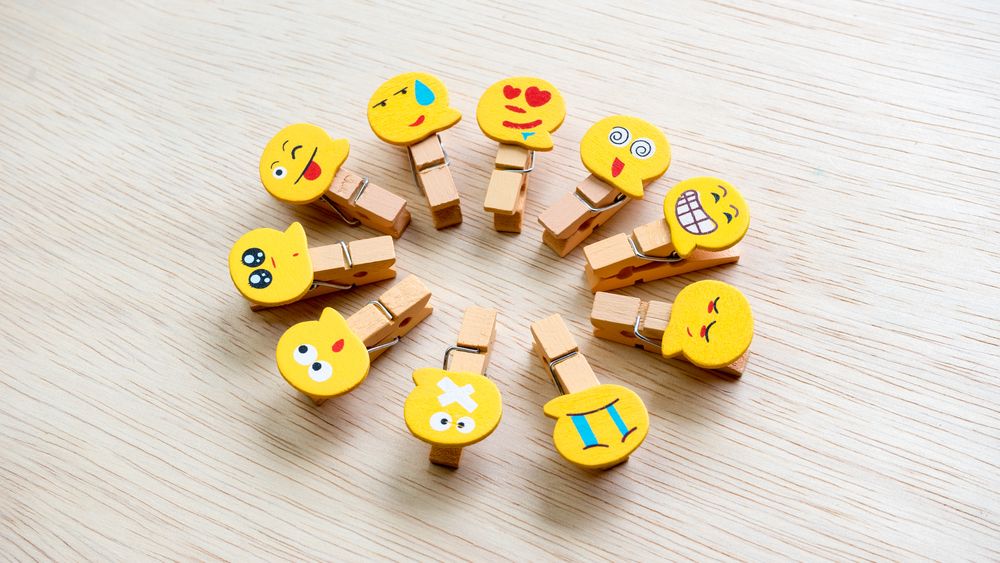How to Handle Emotional Triggers in Couples
Emotional triggers can often set off an array of feelings, reactions, and sometimes even conflicts between couples. Recognizing these triggers and learning how to manage them effectively is crucial for maintaining a healthy and nurturing relationship. We will explore the nature of emotional triggers, their impact on couples, and practical strategies for managing them. Whether you are seeking couples therapy or looking for ways to improve your emotional resilience together, this guide is here to help.
Understanding Emotional Triggers
What Are Emotional Triggers?
Emotional triggers are specific events, situations, or stimuli that provoke intense emotional responses rooted in past experiences. They often relate to unresolved issues, traumas, or fears. For example, if someone has a history of abandonment, they may be triggered by their partner’s late arrival or lack of communication.
How Emotional Triggers Affect Relationships
When emotional triggers emerge in a relationship, they can disrupt communication, create misunderstandings, and lead to conflicts. Partners may react defensively or lash out, which exacerbates the situation and can lead to a damaging cycle of blame and resentment. It’s critical to understand that these triggers can stem from past experiences, both individual and shared, and can surface unexpectedly, often without warning.
Identifying Emotional Triggers
To effectively handle emotional triggers, you first need to identify them. Here’s a structured approach to recognize your triggers and those of your partner:
Self-Reflection
- Keep a Journal: Document instances where you felt strong emotional reactions. Reflect on what happened before and during your emotional response.
2. Identify Pattern: Over time, you may notice patterns or common themes that indicate specific triggers.
3. Seek Feedback: Talk to your partner about your emotional responses and ask if they notice any patterns in your behavior or reactions.
Open Communication
- Scheduled Conversations: Set aside constructive time to discuss feelings and experiences without distractions. Use “I” statements to express emotions—e.g., “I feel anxious when…” rather than placing blame.
2. Active Listening: Practice listening to understand, not to respond. Validate your partner’s feelings to create a safe space for sharing emotions.
Strategies for Handling Emotional Triggers
Once you and your partner have identified emotional triggers, the next step is learning how to manage them constructively. Here are several strategies:
1. Pause and Breathe
In moments of heightened emotion, take a moment to step back. Deep breathing can help to calm the nervous system, allowing you to return to the conversation with a clearer mind. This pause creates space, reducing the risk of escalation during emotional exchanges.
2. Learn Emotional Regulation Techniques
Emotional regulation refers to the ability to manage your emotional responses effectively. Here are a few techniques:
- Mindfulness: Practice mindfulness meditation or grounding exercises to focus on the present moment. This can help you become aware of your emotions without needing to respond immediately.
– Cognitive Reframing: Change the lens through which you perceive a triggering situation. Challenge negative thoughts and replace them with more balanced perspectives.
3. Use “Stay & Listen” Technique
When one partner feels triggered, the other should practice the “Stay & Listen” technique:
- Stay: Remain present, instead of withdrawing or becoming defensive.
– Listen: Encourage your partner to express their feelings without interruption. This model fosters understanding and compassion.
4. Develop a Trigger Plan Together
Create a plan together for how to handle triggers when they arise. This might include specific phrases to use during tough conversations or agreed-upon timeout periods to reflect.
5. Seek Professional Help Through Couples Therapy
Sometimes, emotional triggers are tied to deeper issues requiring professional guidance. Couples therapy can be essential in helping you both navigate these complexities. Here’s how emotional therapy for couples works:
- Identifying Triggers and Their Origins: A therapist can help you explore the root causes of emotional triggers and how they rely on personal histories.
– Effective Communication Techniques: A therapist can teach you communication strategies tailored to your relationship dynamics.
– Safe Environment for Expression: Therapy provides a non-judgmental space where both partners can express themselves and feel heard.
Enhancing Emotional Intelligence in Relationships
Understanding Emotional Intelligence
Emotional intelligence (EI) is the ability to understand, manage, and utilize your emotions effectively in relationships. Developing EI can help couples better handle emotional triggers.
Techniques to Improve Emotional Intelligence Together
- Emotional Literacy: Expand your emotional vocabulary to express feelings accurately. This allows for clearer communication when discussing triggers.
2. Empathy Building Exercises: Engage in activities that promote empathy, such as reading fiction or practicing perspective-taking exercises.
Developing a Stronger Connection
Handling emotional triggers can ultimately enhance the emotional connection in a relationship. Here’s how:
1. Practice Compassion and Patience
Recognizing that both partners have triggers stemming from their life experiences fosters compassion. Allowing for patience and understanding can help cultivate a nurturing environment for healing.
2. Celebrate Small Wins
Each time you successfully manage a trigger or navigate it together, take time to celebrate this progress. This positive reinforcement strengthens your bond and encourages a habit of cooperation.
3. Create Rituals of Connection
Implement rituals that help you reconnect emotionally, such as weekly date nights or shared hobbies. These rituals serve as a reminder of your commitment to each other and provide a platform for emotional expression.
Get Help Now
Navigating emotional triggers is a vital aspect of maintaining a healthy and enduring relationship. By identifying triggers, employing emotional regulation techniques, and working on emotional intelligence, couples can effectively manage these challenges. Seeking support through couples therapy is also an excellent way to gain deeper insights and skills for coping with triggers while fostering a more profound emotional connection with your partner.
Remember that emotional triggers are a part of every relationship. By arming yourselves with the right tools and strategies and committing to open, compassionate communication, you can transform these challenges into opportunities for growth, healing, and deeper intimacy. Your relationship’s resilience may depend on how you choose to handle emotional triggers today!
